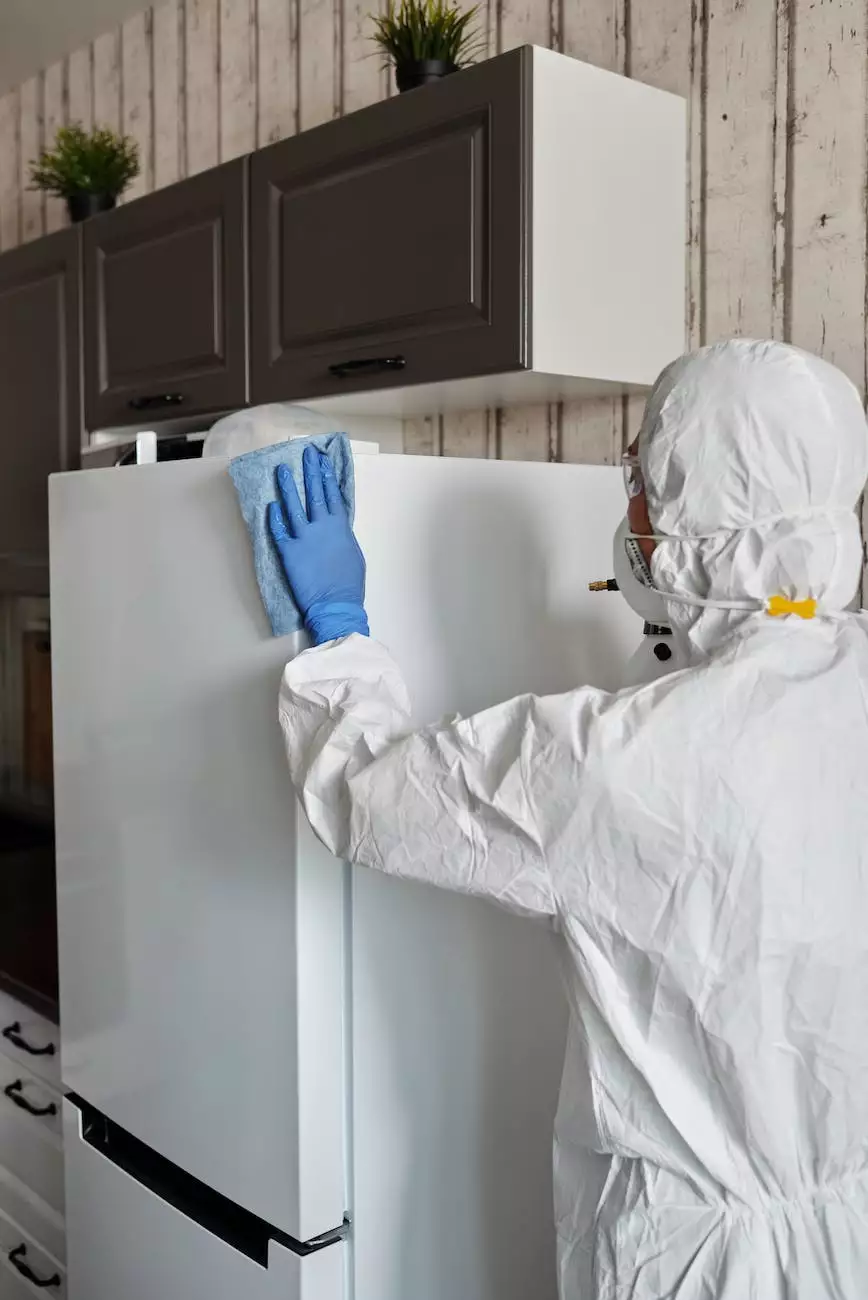How to Help a Loved One Having Suicidal Thoughts

Understanding Suicidal Thoughts
Suicidal thoughts are a serious indication of emotional distress and should never be ignored. If you suspect someone you care about may be experiencing these thoughts, it is crucial to take immediate action. Bay Regional Medical Center, a leading healthcare provider in the field of mental health, is here to guide you through this difficult situation.
Recognizing the Signs
It is essential to be able to recognize the signs of someone who may be contemplating suicide. While the presence of these signs does not guarantee that someone is having suicidal thoughts, it is important to take them seriously:
- Withdrawal from social activities
- Extreme mood swings
- Expressing feelings of hopelessness and worthlessness
- Increased substance abuse
- Changes in sleep patterns
- Talking about death or dying
Immediate Actions to Take
If you suspect someone may be having suicidal thoughts, it is crucial to act swiftly. Here are some steps you can take:
1. Initiate Open and Honest Conversations
Approach your loved one with empathy, compassion, and non-judgment. Encourage them to express their feelings and thoughts openly. Let them know you are there to listen, support, and not judge them.
2. Show Genuine Concern and Care
Reassure your loved one that you genuinely care about their well-being and want to support them during this difficult time. This helps create a sense of trust and opens up communication channels.
3. Encourage Professional Help
Urge your loved one to seek professional help from mental health experts, such as therapists or psychiatrists. Offer to assist them in finding a trusted healthcare professional and schedule an appointment if needed.
4. Remove Access to Means
If your loved one has access to firearms, medications, or any other potentially harmful resources, it is crucial to safely secure or remove them. This step can prevent impulsive actions during moments of distress.
5. Build a Supportive Network
Encourage your loved one to reach out to trusted friends, family members, or support groups who can offer additional support. The presence of a strong support network can positively impact their recovery.
Long-Term Support and Recovery
Supporting a loved one experiencing suicidal thoughts is an ongoing process that requires patience, understanding, and active participation. It is important to:
1. Cultivate a Caring Environment
Create an environment that promotes open communication and a sense of safety. Encourage your loved one to discuss their emotions without fear of judgment.
2. Be Mindful of Triggers
Identify potential triggers or stressors that may worsen their emotional state and work together to minimize their impact. This could involve creating strategies to cope with difficult situations.
3. Encourage Self-Care
Promote self-care activities that can help your loved one manage their stress levels and cope with negative emotions. This may include encouraging exercise, engaging in hobbies, or practicing relaxation techniques.
4. Monitor and Communicate
Stay vigilant and regularly check in with your loved one. Make sure they feel comfortable discussing any changes in their mental state or if they experience thoughts of self-harm.
5. Celebrate and Acknowledge Progress
Recognize and praise any positive steps your loved one takes towards their recovery. Celebrating even small victories can help boost their self-esteem and motivation.
Bay Regional Medical Center: Your Trusted Partner
Bay Regional Medical Center, a renowned name in the healthcare industry, understands the importance of mental health support for individuals and their families. Our team of dedicated professionals is committed to providing compassionate care and guidance to help individuals overcome their challenges and lead fulfilling lives.
With a patient-centered approach and a focus on evidence-based treatments, Bay Regional Medical Center offers a comprehensive range of mental health services tailored to meet each individual's unique needs. We are here to support you and your loved ones on your journey towards improved well-being.
If you have any further questions or concerns about helping a loved one with suicidal thoughts, please contact us. We are ready to assist you.




